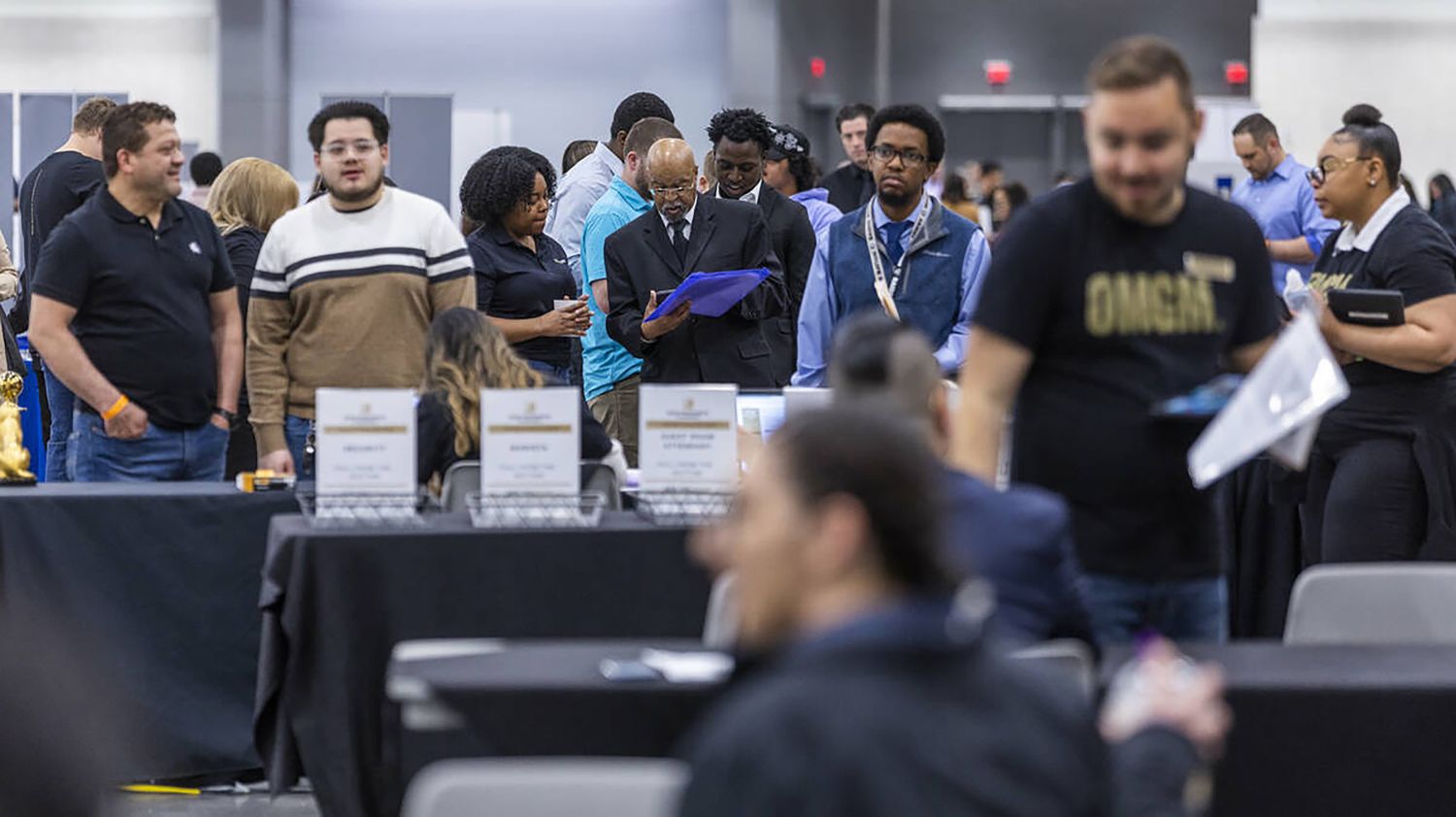Key Takeaways
The Consumer Confidence Index declined in September to its lowest level in five months.Consumer assessments of business conditions fell amid rising worries about the job market after recent reports showed that employers have slowed hiring.Consumers also expressed more concern about inflation, even as their expectations for price increases declined.
The job market is slowing and Americans are paying attention.
The Consumer Confidence Index fell by nearly four points to 94.5 in September, the lowest reading since April, amid weakening perceptions of the labor market, according to a report released Tuesday by the Conference Board. The Present Situation Index, which measures consumers’ views of current labor market and business conditions, dropped 7 points in September, hitting its lowest level in a year.
“Consumers’ assessment of business conditions was much less positive than in recent months, while their appraisal of current job availability fell for the ninth straight month to reach a new multiyear low. This is consistent with the decline in job openings,” said Stephanie Guichard, senior economist of global indicators at the Conference Board.
Why This Matters to You
Surveys such as these are an important measure of how consumers view their economic situation and provide an indication of how likely they are to continue spending on good and services. Consumer spending underpins the strength of the U.S. economy.
Confidence Declines as Job Market Weakens
Recent labor market data, including today’s release of the jobs opening report, has shown that employers have slowed their hiring, The August jobs report released earlier in the month showed that employers added an anemic 22,000 positions in the month, while revisions showed the economy lost jobs in June.
Despite the recent indications of labor market weakness and declining consumer confidence, recent data have also shown that consumer spending has remained strong.
“If you are struggling to square survey-based measures of lost swagger with still solid hard data on consumer spending, it helps to think of consumer psyche in the context of lost momentum in the labor market,” wrote Wells Fargo economists Tim Quinlan and Shannon Grein. “We do not think a recession is coming, but there are very different signals coming from soft data in surveys that measure sentiment and hard data that measure actual spending.”
Consumers Continue to Worry About Prices
Consumers also continued to worry about inflation, which regained its place as the top issue affecting consumers’ views of the economy, the Conference Board said. But even while more consumers raised worries over higher prices, year-ahead inflation expectations ticked lower to 5.8%.
“This bleak outlook could start to impact spending, especially on vacations and discretionary items,” said Heather Long, chief economist at Navy Federal Credit Union. “The middle class is growing cautious in this K-shaped economy.”

